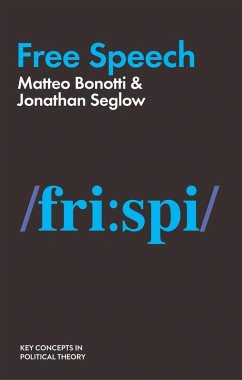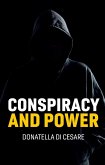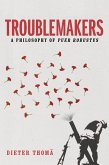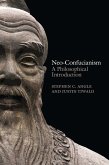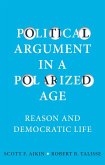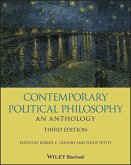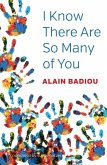Freedom of speech is never very far away from political controversy. In recent years, the rise of populism, the 'cancel culture' phenomenon, and online hate attacks are among the developments that have kept it at the forefront of both public and academic discussion. In this new introduction to the subject, Matteo Bonotti and Jonathan Seglow offer an accessible analysis of debates around freedom of speech. They introduce and critically examine three major philosophical arguments for freedom of speech that are based on the values of truth, autonomy, and democracy. They apply these arguments to issues including hate speech, offensive speech, and pornography, and also tackle pressing current issues such as 'fake news' and public shaming. This book will be essential for anyone wishing to understand the contemporary significance and philosophical roots of free speech, and how it relates to debates about democracy, feminism and multiculturalism.
Dieser Download kann aus rechtlichen Gründen nur mit Rechnungsadresse in A, B, BG, CY, CZ, D, DK, EW, E, FIN, F, GR, HR, H, IRL, I, LT, L, LR, M, NL, PL, P, R, S, SLO, SK ausgeliefert werden.

